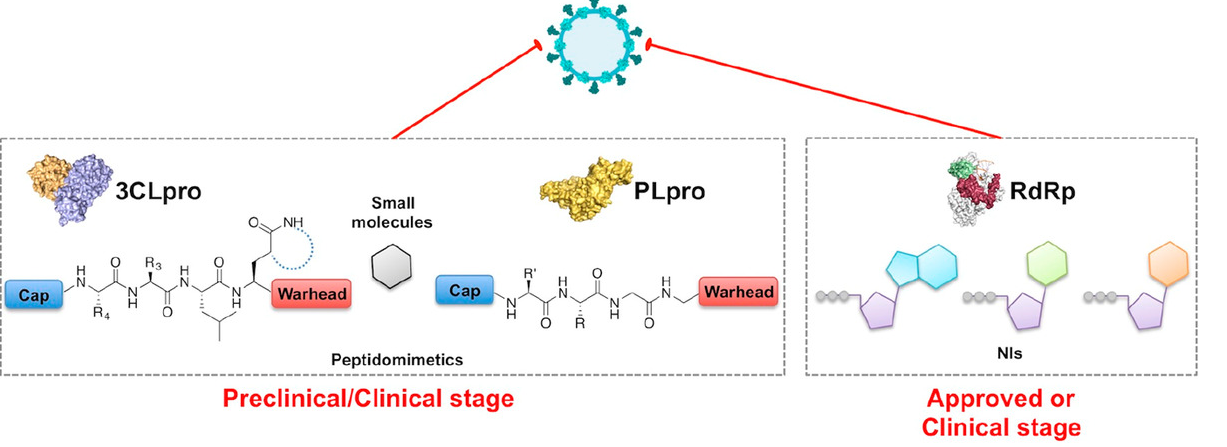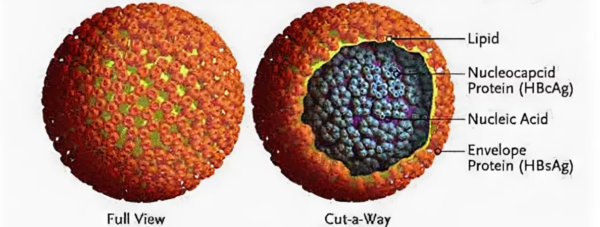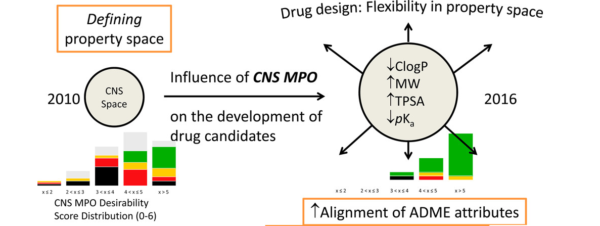Abstract
Coronaviruses, including SARS-CoV-2, are a group of RNA viruses responsible for recent epidemics and the ongoing COVID-19 pandemic. One promising target for antiviral drug development is the 3C-like protease (3CLpro), an essential enzyme in the viral replication process. The 3CLpro library is a collection of compounds specifically designed to target this enzyme and inhibit its activity. This scientific report provides an in-depth analysis of the 3CLpro library, focusing on its significance in antiviral drug discovery.
Introduction
Coronaviruses pose a significant threat to global public health due to their ability to cause severe respiratory illnesses. The urgency to develop effective antiviral therapies has led to the identification of potential drug targets, among which the 3CLpro enzyme stands out. 3CLpro plays a crucial role in proteolytic processing of viral polyproteins, making it an attractive target for the design of antiviral drugs.
Methods
The 3CLpro library was generated through virtual screening techniques, employing computational methods to identify compounds with the potential to inhibit the enzymatic activity of 3CLpro. These methods included 3D shape similarity algorithms to match target-binding sites with compounds in the library.
Results
The 3CLpro library consists of a diverse collection of compounds specifically selected for their potential to inhibit the enzymatic activity of 3CLpro. These compounds vary in structure, chemical properties, and binding affinity to the enzymatic active site. Through virtual screening, a subset of compounds was identified as potential inhibitors of 3CLpro, providing a starting point for further testing and optimization.
Discussion
The 3CLpro library offers a valuable resource for researchers in antiviral drug discovery. By targeting this essential viral enzyme, the library enables the screening and identification of potential drug candidates against coronaviruses. Careful evaluation of the compounds in the library, including their binding affinity, selectivity, and potency, can guide the development of effective antiviral therapies.
Conclusion
The 3CLpro library plays a crucial role in antiviral drug discovery, presenting a focused collection of compounds designed to inhibit the activity of the 3C-like protease enzyme. This collection provides an opportunity to identify novel drug candidates and explore potential therapies for coronaviruses. Continued research and optimization of compounds within the library hold promise for the development of effective antiviral drugs, contributing to the global effort to manage and control viral outbreaks such as COVID-19.
Keywords: 3C-like protease (3CLpro), antiviral drug discovery, virtual screening, coronavirus, COVID-19, library of compounds, enzymatic activity, drug candidates.




